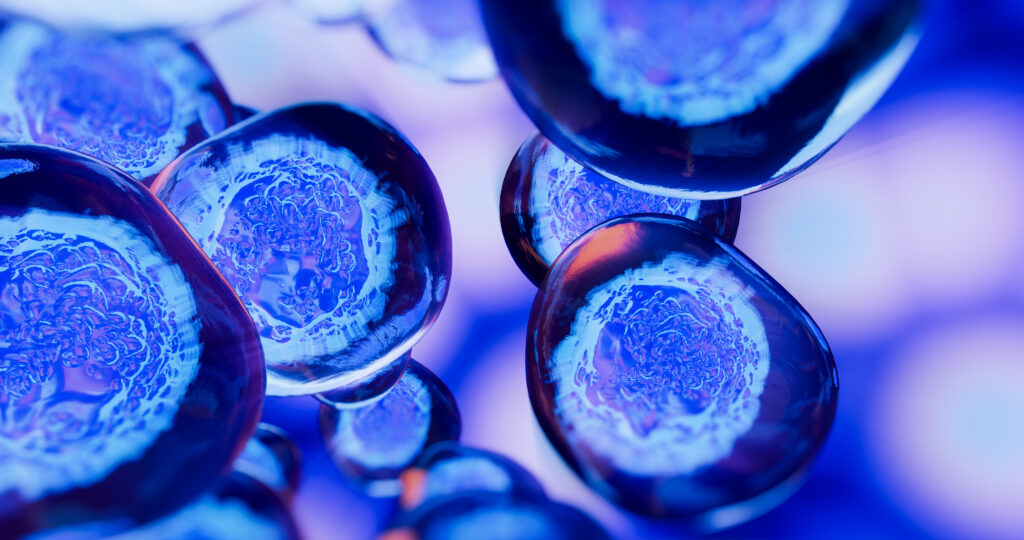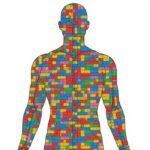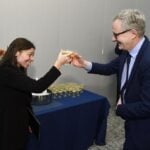New Funding To Help Advance Stem Cell Therapies and Technologies

Three researchers at the Institute for NanoBioTechnology are among the 39 scientists from Maryland-based research organizations that received funding from the Maryland Stem Cell Research Commission to support projects that advance stem cell treatments and technologies.
Sangmoo Jeong, core researcher at the Institute for NanoBioTechnology and assistant professor in the Department of Chemical and Biomolecular Engineering, received funding from the Launch category, which encourages new and new-to-the-field faculty to bring innovative research and technology to regenerative medicine. Jeong’s project, “Use of Extracellular Vesicles (EV) from Metabolically Engineered Mesenchymal Stem Cells (MSC) for Prolonged Organ Preservation in Heart Transplantation,” aims to preserve the integrity of donated organs as they are transported from donor to receiver by creating a solution that protects the organ from damage caused by a lack of blood supply. In the United States, over 100,000 people are on the organ transplant waiting list and about 20 people die each day waiting for an organ to become available. With the limited availability, keeping each available organ healthy as it reaches a recipient is critically important.
When an organ is transported from donor to recipient, the cessation of its blood supply depletes the organ of adequate oxygen and other nutrients. This oxygen depletion can have damaging effects on the organ and ultimately the success of a transplant procedure. Jeong and his team plan to create the solution using extracellular vesicles taken from engineered mesenchymal stem cells, which are cells from the bone marrow and other tissues. These cells offer many therapeutic benefits including tissue regenerations. In these efforts, Jeong and his team not only hope to keep the organ healthy during transport, but he also thinks it will open a new door to finding organs from larger geographical areas.
Warren Grayson, associate researcher at the Institute for NanoBioTechnology and professor in the Department of Biomedical Engineering received funding from the Discovery category, which funds innovative ideas to develop novel human stem cell-based technologies and treatments. Grayson’s project, “Human Pluripotent Stem Cell-Derived MYOrganoid for the Treatment of Volumetric Muscle Loss,” explores skeletal muscle regenerations following significant muscle loss from an injury. He and his team aims to characterize the cellular diversity of MYOrganoids and evaluate whether transplanted MYOrganoids can regenerate skeletal muscle tissues.
Jeff Bulte, affiliate researcher at the Institute for NanoBioTechnology and professor of radiology and radiological science, also received funding from the Discovery category. Bulte’s project, “In Vivo Tracking of Unlabeled MSCs and MSC-EVs for Rapid Clinical Translation,” explores an imaging method called chemical exchange saturation transfer magnetic resonance imaging (CEST MRI) to track transplanted mesenchymal stem cells and extra cellular vesicles without the addition of reporter genes or imaging agents, which could alter the cell’s therapeutic properties and may require additionally regulatory oversight.
Latest Posts
-
 Cellular building blocks may enable new understanding of the body’s “machinery”
December 19, 2025
Cellular building blocks may enable new understanding of the body’s “machinery”
December 19, 2025
-
 Biomedical Engineer Jamie Spangler Receives President’s Frontier Award
December 15, 2025
Biomedical Engineer Jamie Spangler Receives President’s Frontier Award
December 15, 2025
-
 Johns Hopkins Postdoc Named in Forbes `30 Under 30′ List
December 8, 2025
Johns Hopkins Postdoc Named in Forbes `30 Under 30′ List
December 8, 2025


